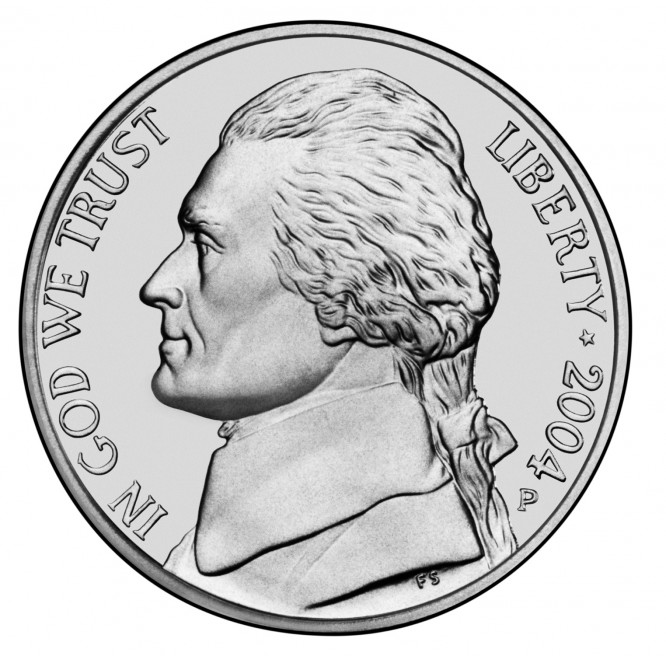We must make our election between economy and liberty, or profusion and servitude. If we run into such debts, as that we must be taxed in our meat and in our drink, in our necessaries and our comforts, in our labors and our amusements, for our callings and our creeds, as the people of England are, our people, like them, must come to labor sixteen hours in the twenty-four, give the earnings of fifteen of these to the government for their debts and daily expenses; and the sixteenth being insufficient to afford us bread, we must live, as they now do, on oatmeal and potatoes; have no time to think, no means of calling the mismanagers to account; but be glad to obtain subsistence by hiring ourselves to rivet their chains on the necks of our fellow-sufferers. Our landholders, too, like theirs, retaining indeed the title and stewardship of estates called theirs, but held really in trust for the treasury, must wander, like theirs, in foreign countries, and be contented with penury, obscurity, exile, and the glory of the nation. This example reads to us the salutary lesson, that private fortunes are destroyed by public as well as by private extravagance. And this is the tendency of all human governments. A departure from principle in one instance becomes a precedent for a second; that second for a third; and so on, till the bulk of the society is reduced to be mere automatons of misery, and to have no sensibilities left but for sinning and suffering. Then begins, indeed, the bellum omnium in omnia, which some philosophers observing to be so general in this world, have mistaken it for the natural, instead of the abusive state of man. And the fore horse of this frightful team is public debt. Taxation follows that, and in its train wretchedness and oppression.
Thomas Jefferson, Letter to Samuel Kercheval (June 12, 1816). The Latin phrase bellum omnium in omnia means “war of all things against all things,” and is Jefferson’s play upon bellum omnium contra omnes, a Latin phrase meaning “the war of all against all,” which is the formulation that Thomas Hobbes gave to human existence in the state of nature in De Cive (1642) and Leviathan (1651). Jefferson is certainly tipping his hat to his friend C.-F. Volney’s concept of this sort of war carried on within modern states, as discussed in Ruins of Empire (1802), the bulk of which Jefferson himself translated from the French:
Under the mask of union and civil peace, [cupidity] fomented in the bosom of every state an intestine war, in which the citizens, divided into contending corps of orders, classes, families, unremittingly struggled to appropriate to themselves, under the name of supreme power, the ability to plunder every thing, and render every thing subservient to the dictates of their passions; and this spirit of encroachment, disguised under all possible forms, but always the same in its object and motives, has never ceased to torment the nations.
